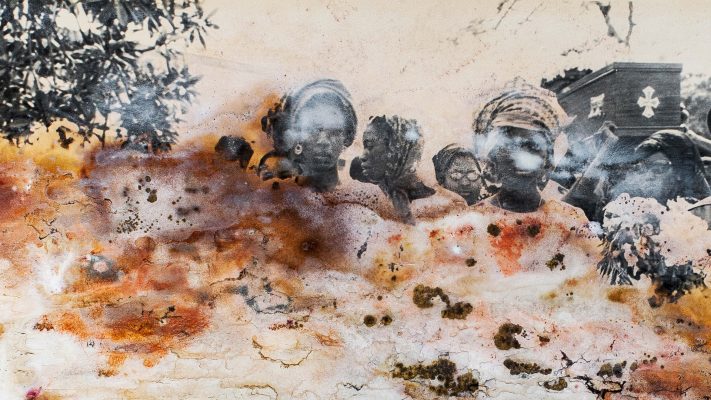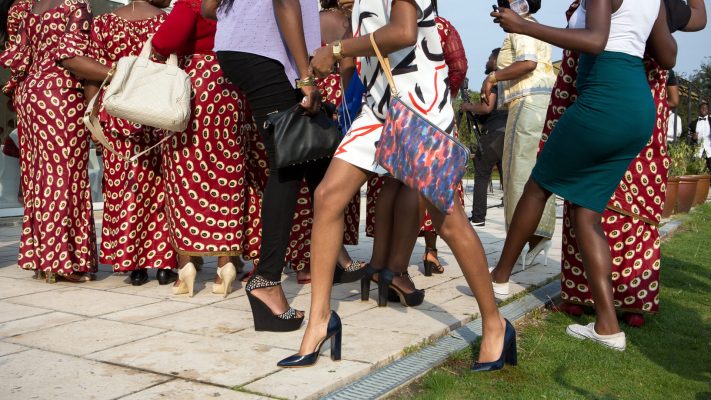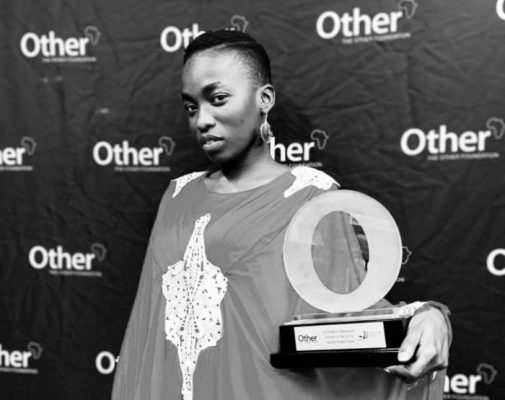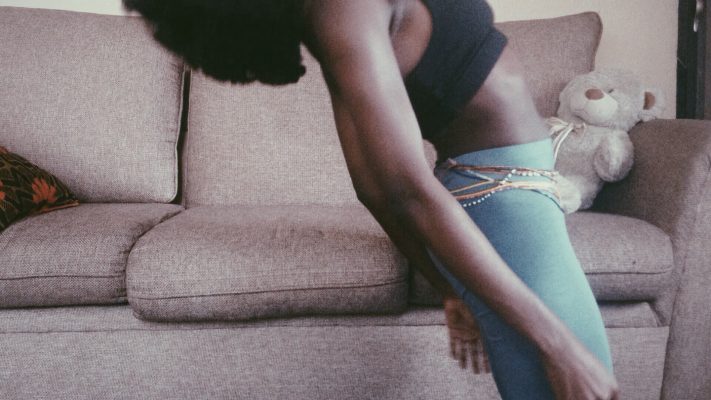This short story was originally published in AFREADA Magazine in July 2021. It has been reproduced here without any additional edits.
In the first instance, the child was not even his. I mean, there might’ve been an argument to be made for the fact of his having contributed something to its conception, maybe. But I had been legally married at the time, and the man’s furtive spurts into my treacherous womb only happened because my even more treacherous husband was, as usual, off somewhere being a traitor, as always.
In any case, no one goes about asking, have you been naked with anyone other than your husband? when you have a child in your husband’s house. That would be rude. Everybody knows: the father of the child is the one under whose roof it is named. Who the mother has been naked with is a minor detail generally taken for granted or, if she is careless, whispered about. But whispers don’t change a surname.
So no, the child wasn’t his. More to the point, he had never even wanted it, not that his wanting it might’ve impacted things one way or another. But he’d never had the vaguest interest in the child. Not even when he realised there might be something to gain from claiming it; some profit to be gleaned from fattening those whispers and making pointing fingers of them. Someone out somewhere they were perhaps not supposed to be, had seen something they were perhaps not supposed to see. The child had come out looking a bit different than it was supposed to look—maybe. Still, mere whispers have never changed a surname. The child was mine, I had named the father, and no fingers had been sharply unfurled in objection. That was that.
That was that, no questions asked. Until one day the man woke up and, having looked about, decided that even if he hadn’t managed to do anything at all with his life, he had perhaps managed to father a child that was sometimes whispered about. By that time the roof over the heads of the child, its siblings and myself was entirely mine: one can only be expected to put up with a traitorous husband for so long. Of course, to hear that husband tell it, I was the traitor. Still, no matter how much people may argue, everybody knows: the chicken came before the egg.
In any case, the child, its siblings and myself were living under a roof not quite as grand as we might have been accustomed to in times past, but it was ours—I paid for it myself, mostly, with a little help here and there—and we had established a nice rhythm. People had since found other things to whisper about; the rhythms of other people’s lives, for instance. Then one day this man woke up—at 5 or 6 pm, as had become his wont as his dissipation deepened—and decided to check if the shoes of a father might make him taller.
He showed up at my door as the last of mealtime cleanup was being done, without so much as a passing mention of his intention to appear. He invited himself under my roof in much the same manner as he had invited his seed into my womb all those years prior, and started to talk as if there was anyone present interested in the things coming out of his mouth. I have come to see you. It has been too long since we talked properly. We never had cause to fight, what happened? Every time I see you, you are more beautiful.
He was wearing what seemed to be his favourite—more likely his only—collared shirt. It was the one he almost invariably had on whenever I caught sight of him in town. The fact that most men did not bother to buy collared shirts made his singular specimen the more conspicuous. It was very easy to laugh at his transparent poverty in a world where collared shirts—in the plural—indicated at least one pocketful of purposeless currency; cash to be freely spent; money that leaves the hand without first passing through the mind. Sometimes when I was out and bored I, too, laughed. It was very easy.
When he appeared that night in his lone collared shirt, my nose sighed to me that he had not cleaned himself properly in a few days. His eyes and teeth were the same soft shade of yellow, with drops of saliva stretching and breaking between his lips at every other word. The first form of the whispers that had trailed us came back to me; that this is what the child ostensibly looked like. I stepped back instinctively, repulsed by my own half-decade old impulses.
Won’t you sit down? It was late; only the older children could be heard scrabbling about as they fought sleep. There is some food still; I will tell this girl to get you some. My growing irritation at his sudden appearance was what it was, but the idea of not feeding someone sitting under my roof was something else entirely. The plate came, more heaping than I would have preferred, and he smiled at it, filling the room with his unintelligible talk as he filled his belly with my unintended generosity. Had I heard this, did I know that. The words were sometimes accompanied on their way out of his mouth by tiny morsels, the more tenacious of them hanging on to his lips until he wiped them with the back of his hand, then wiped the back of his hand on his sturdy-looking shorts. I looked away. Even with people I wanted to see, this kind of talk—this kind of chewing—disgusted me.
What is it you have come for? He stopped mid-laugh at whatever unsolicited and badly crafted joke he was telling, with a look of annoyance at being interrupted. Can’t I come to see you? I looked back at him. For what? I felt the muscles of my face arranging themselves in the same order as when the child considered itself capable of outsmarting me. I have only come to make peace, there is too much history between us for things to continue like this.
I called the girl to take away his plate. She was very sharp, that one; in a few years she would think she was wiser than me, we would have a big fight, I would beat her up and she would leave. And then one day she would come back with a baby or a man or both, she would kneel, I would pick her up and hug her, and her family would call me mama. But for now she was helpful and respectful, and we liked each other in an uncomplicated way. I saw his soft yellow gaze take on a sheen as sharp as the girl, the oil around his lips and on his character congealing; ugly. I stood up.
Is that all? The yolk of his eyes swivelled back to me. How is the child? I bristled, adjusting the cloth around my waist. Asleep. I did not bother to ask which one. He might have thought me stupid, or childish, or interested in a useless back and forth as if we did not both know the inconvenient details other people would have needed their heads bashed in for daring to ask about. He sighed and sat back. Don’t you think it is time for the child to know its father? I wondered vaguely whether the girl was behind me, behind the door, gathering ammunition for the fight that awaited us. The child has always known its father. He sat up. That is interesting. I don’t think the child and I have ever been introduced.






